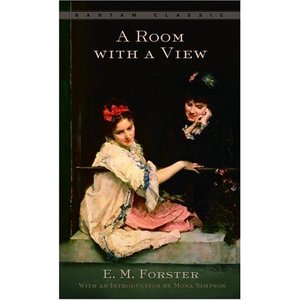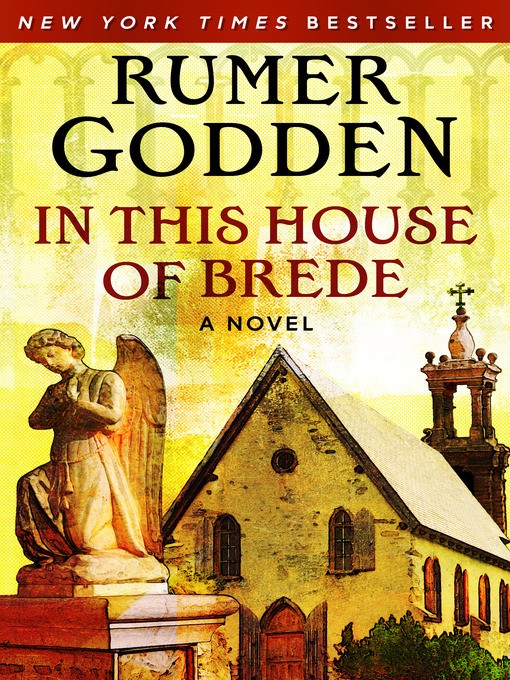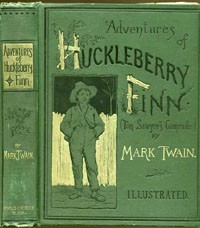A Room with a View
 I know it’s famous. I know it was a successful movie. But I had settled into grim dislike for it and was bearing down on the final pages before it suddenly and surprisingly won me over.
I know it’s famous. I know it was a successful movie. But I had settled into grim dislike for it and was bearing down on the final pages before it suddenly and surprisingly won me over.
I chose E.M. Forster’s A Room with a View(1908) because I expected to like it. It’s a novel about inner passions in conflict with outer social constraints, and we accompany Lucy Honeychurch as she comes to terms with her own feelings and makes a decision whether to marry George Emerson (slightly unconventional and slightly beneath her class) or Cecil Vyse (your basic snob, and her mother’s choice for her). What I struggled with was Forster’s flippancy. His narrative voice seemed to look down on his thoroughly British cast of characters as trivial people. Surely at some level they are, particularly the brittle clergyman Mr. Eager, and Lucy’s spinster cousin Charlotte Bartlett. But they were so predictable they seemed to belong in a cartoon, and I couldn’t understand where Forster got his reputation as an expert at drawing psychologically true characters.
He certainly won my respect, because even though my mind was made up to dislike the book, I found myself arrested starting in chapter 14 (out of 20) by sentences like these:
A reader in Lucy’s place would not find it obvious. Life is easy to chronicle but bewildering to practice…
But Lucy had developed since the spring. That is to say, she was now better able to stifle the emotions of which the conventions and the world disapprove.
He’s only for an acquaintance. He is for society and cultivated talk. He should know no one intimately, least of all a woman.
For all his culture, Cecil was an ascetic at heart, and nothing in his love became him like the leaving of it.
And last but not least, this terrific passage:
It did not do to think, nor, for that matter, to feel. She gave up trying to understand herself, and joined the vast armies of the benighted, who follow neither the heart nor the brain, and march to their destiny by catch words. The armies are full of pleasant and pious folk. But they have yielded to the only enemy that matters – the enemy within. They have sinned against passion and truth, and vain will be their strife after virtue. As the years pass, they are censured. Their pleasantry and their piety show cracks, their wit becomes cynicism, their unselfishness hypocrisy; they feel and produce discomfort wherever they go.
By the time I read these lines I cared about what happened to Lucy. I’m not sure if Forster cared for her himself all along and I just missed it, or if he developed more sympathy for her himself as he wrote, but by the end I was much better able to appreciate his tale and his insight into character.
This is a story about pushing through “muddle” (a phrase repeated several times) and attaining the courage and self-possession required to see life clearly, and therefore appreciate a room with a view. Next step is to watch the movie, which somehow I’ve completely missed.


